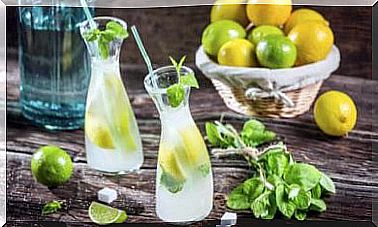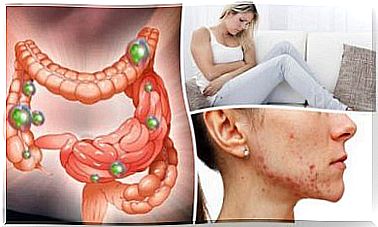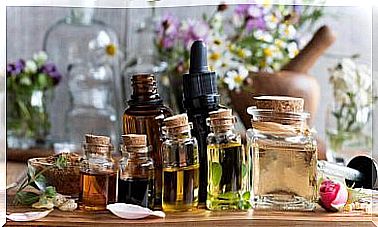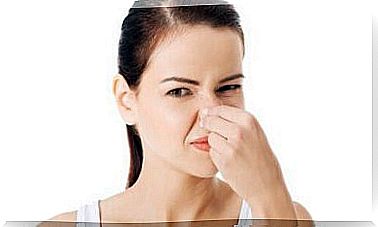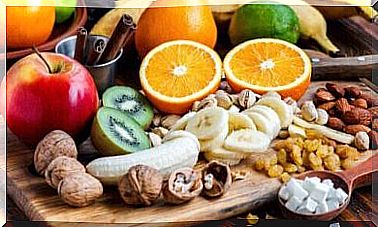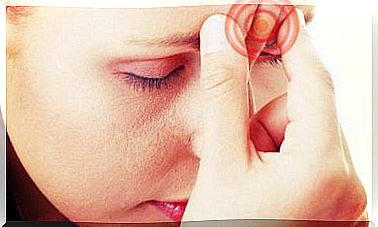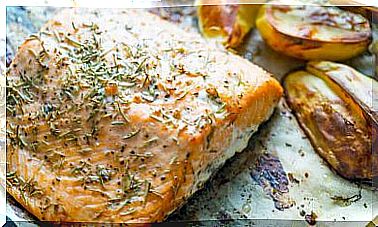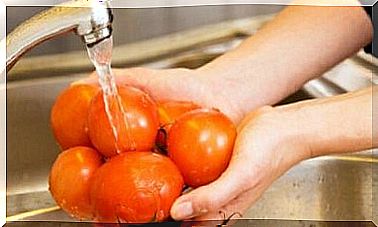10 Foods No Food Expert Would Consume
According to experts, there are many foods that we should not eat because they mask the dangers of poisoning. We have prepared a list of risky products and options for replacing them.
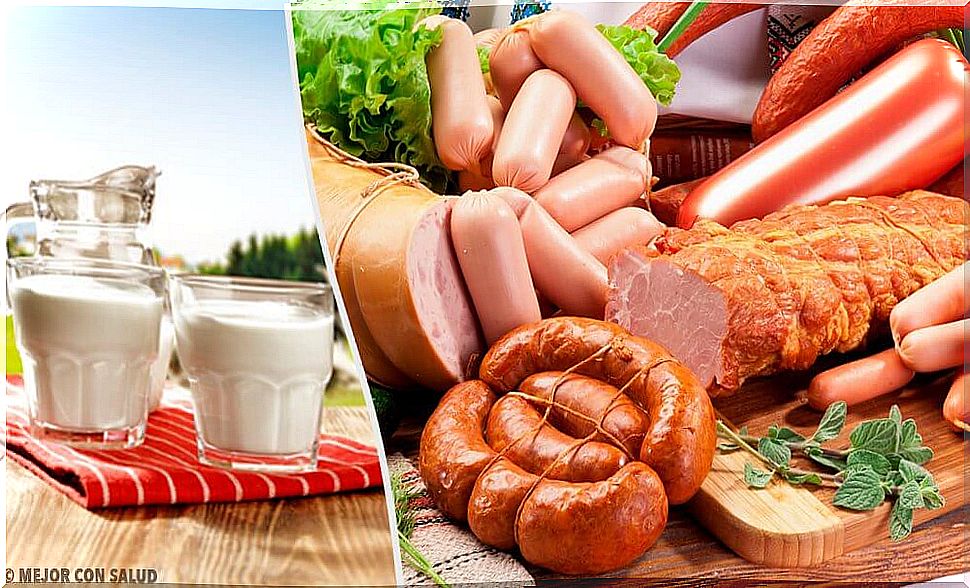
Sometimes certain foods that we think are good for you are much more harmful than we think, and in sample, here are these 10 foods that no food expert would consume. We explain everything in the rest of this article.
While it is best to stop using products from this list, if we can’t do it, we can at least try to find a healthier alternative.
What is clear is that these surveys reveal that much of “healthy” food actually conceals a danger we never even knew existed.
1. Raw oysters in your diet
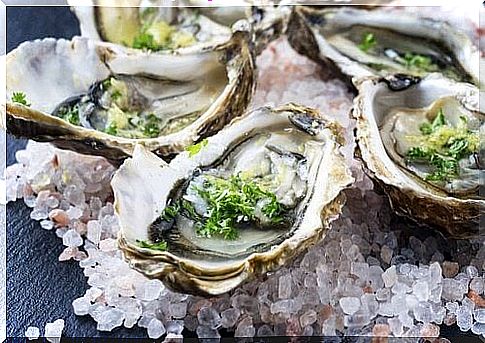
According to experts working in the field of food poisoning, no one should eat raw seafood. The reason is due to the increase in temperature in the ocean; this type of product becomes a perfect environment for the reproduction of bacteria.
How to eat them
Oysters should always be eaten cooked and hot. A good option so that they do not lose their flavor is to opt for cooking with a spicy sauce. You will see that they are also delicious prepared this way.
2. Freshly squeezed juices
It is believed quite the opposite, but the truth is that freshly squeezed juice can cause viruses, bacteria and parasites.
How to replace it in your diet:
If you feel like drinking juice, the easiest thing is if you drink them already pasteurized. If you are looking to preserve vitamins, eat the whole fruit.
3. Uncooked meat
Undercooked meat is an option for many people. But the truth is that dishes that are not cooked at temperatures above 71 ° C preserve E. coli bacteria or salmonella.
How to replace it:
Cook the meat completely.
4. Sprouted seeds in your diet
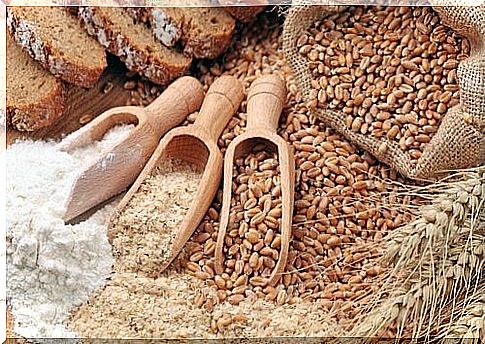
E. coli bacteria and salmonella are more common than you might think. The seeds that are safe to eat are the grains that have not been processed.
How to replace them:
Opt for cereals made from wheat, alfalfa, cultivated in the rules, or for raw seeds, that is to say, flax, pumpkin, sunflower, for example, which are just as beneficial.
5. Freshly processed milk
The conditions under which freshly processed milk is produced are not exactly sterile. And there is a high risk of contamination by bacteria and viruses. It is possible to kill these viruses by boiling milk.
How to replace it in your diet:
It will suffice to boil or pasteurize the milk.
6. Uncooked Brussels sprouts in your diet
In recent years, there have been a few cases of poisoning due to the consumption of raw Brussels sprouts.
How to replace them:
To avoid E. coli bacteria and salmonella, it is advisable to fry and cook the cabbage to at least 160 ° C.
7. Cooked river fish
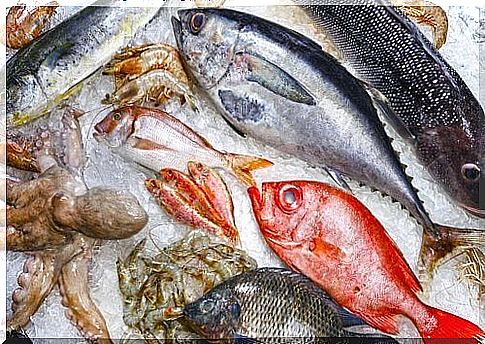
River fish, even when cooked, is not the most recommended dish. While cooking river fish, Spanish scientists discovered that only 18% of dangerous cyanotoxins are neutralized.
The other harmful substances of the fish pass into the broth and generate a high concentration of toxins.
How to replace them in your diet:
Go for a steamed fish, as this will neutralize 26% of the cyanotoxins.
8. Sausages
Research has shown that even the most expensive, highest-quality sausages contain cancer-causing nitrates. One kilo of sausage contains 400% more salt and 50% more fat than a piece of raw beef.
How to replace them in your diet:
Dry meat that you can prepare at home would be better.
9. Foods packed with two or more ingredients in your diet
Food manufacturers use butylhydroxyanisol (BHA) and butylhydroxytoluene (BHT) to preserve this type of product and if we take these substances in high doses, we will have hormonal disturbances. IF we abuse BHA, we could develop cancer.
How to replace them:
With home-made preserves or by cooking every day.
10. Freshly washed fruits and vegetables
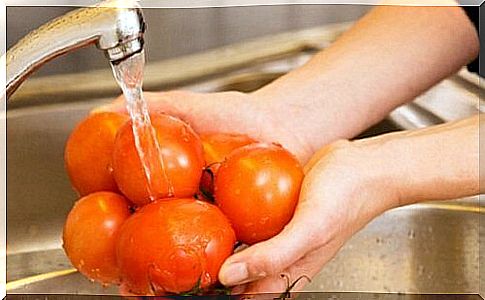
Fruits and vegetables sold and washed have already passed through several hands, and the more people touch your food, the greater the likelihood of spreading germs.
How to replace them in your diet:
Buy fruit at the market, wash it well, and make a homemade fruit salad yourself.
